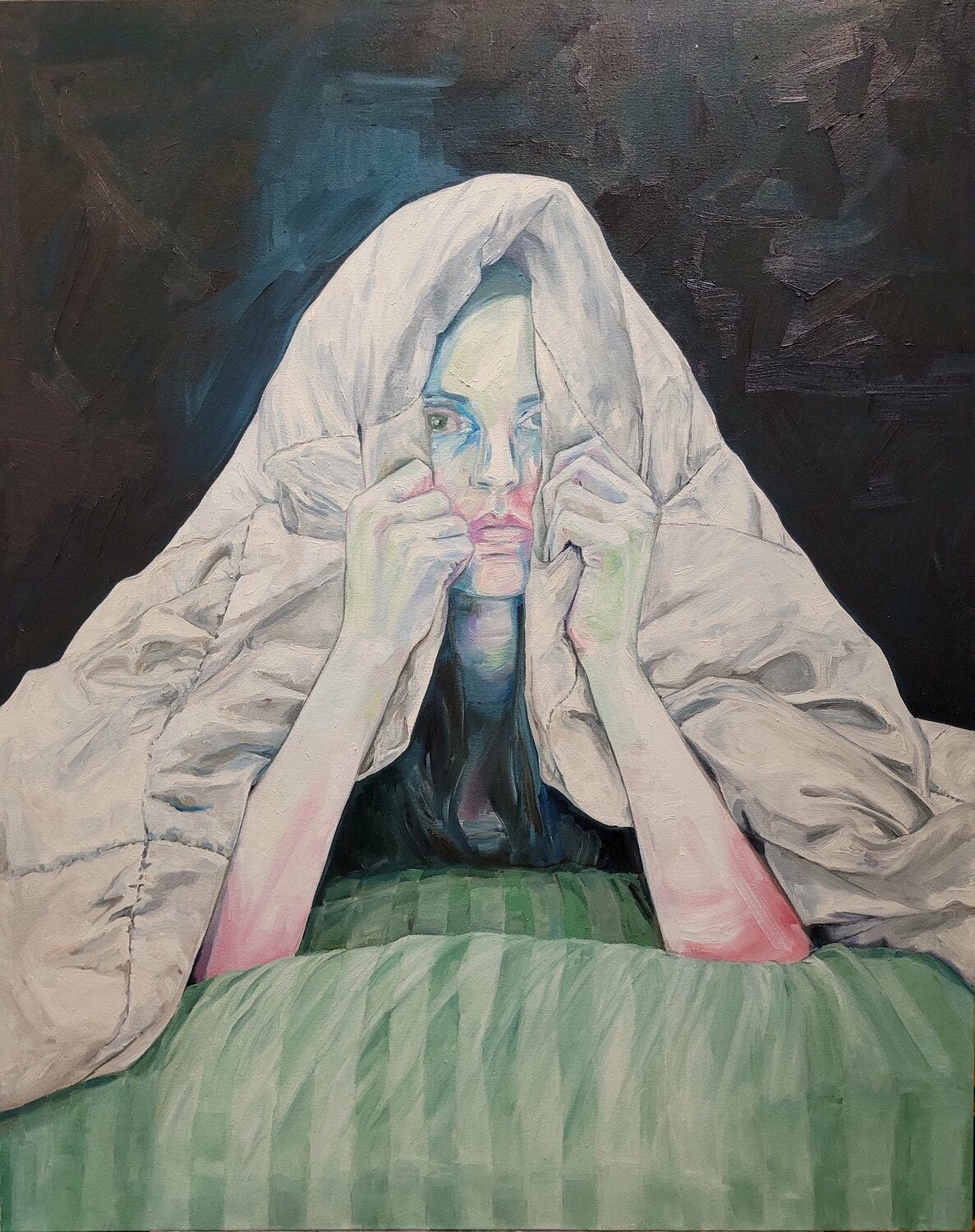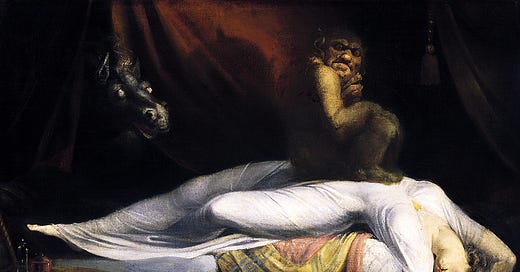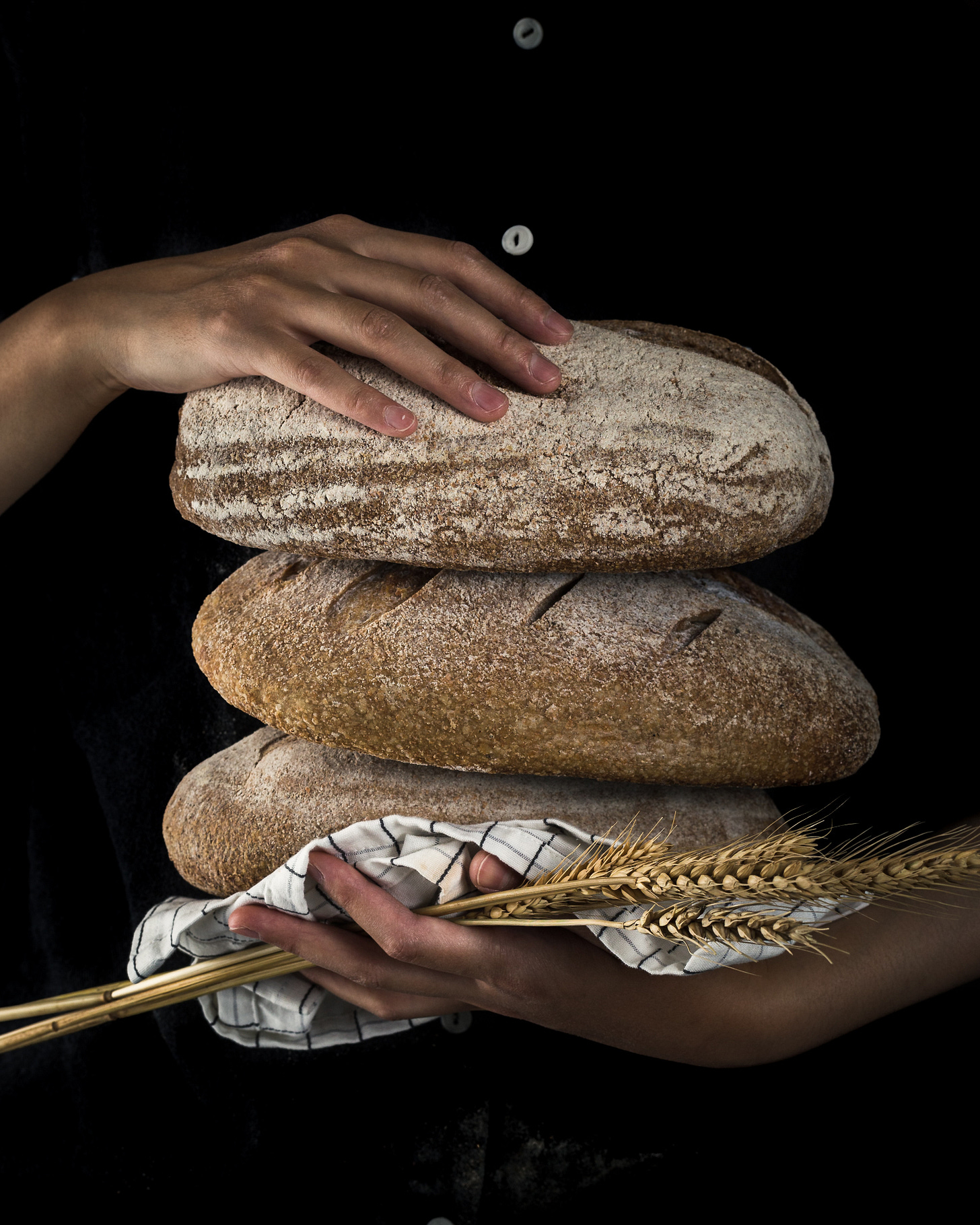I’m not sure if I should be blaming some astrological strangeness, solar flares, a magnesium deficiency, or the fact that we saw the seven hottest days in the last 100,000 years last week, but I can’t sleep.
I’m able to drift off just fine; I kind of love that strange tilt into the swirling basin of dreaming. It’s not until sometime between 2:00 and 4:00 that I wake in a blind, animal panic. My brain, in an attempt to match the intensity of whatever physiological swell just heaved me onto the rocky shore of waking, busts out the big guns.
What if I forgot to lock the door and an intruder from the questionable meth house up the road has picked this night to try the handle. What day will I go to dial the numbers of the people I love most only to realize they’ll never pick up again? Will I die alone at the end of a charmed life having made nothing of meaning from all the gifts I was given?
Being human is really a hoot sometimes.
These fears don’t plague me by day. Even in a sleepless jag, I’m a relatively well-adjusted person 22 out of every 24 hours. But every once in a while my demons decide we’re overdue some serious quality time.
Luckily it doesn’t happen too often. When it does, though, it comes in clusters of many days in a row. That might be because I make the completely-reasonable-and-not-at-all-self-defeating choice to stay up later and later in an effort to exhaust myself into a full night’s sleep, turning my circadian rhythm into silly putty.
Attributed in turns to devils and imps, witchcraft, imbalanced meridians, or a misfiring REM cycle, this “witching hour” has been a reliable, if maligned, nighttime companion for humanity, showing up in literature as far back as Hamlet:
’Tis now the very witching time of night
When churchyards yawn and hell itself breathes out
Contagion to this world. Now could I drink hot blood
And do such bitter business as the day
Would quake to look on.
Roald Dahl’s children’s classic, The BFG, opens with a chapter called “Witching Hour” in which a little girl named Sophie lays sleepless in bed:
“‘The Witching Hour,’ somebody had once whispered to her, was a special moment in the middle of the night when every child and every grown-up was in a deep deep sleep, and all the dark things came out from hiding and had the world all to themselves.”
In his dark fantasy, Something Wicked This Way Comes, Ray Bradbury goes so hard on this crazymaking time of night, it makes my occasional demon gathering feel like a tea party:
“Oh God, midnight’s not bad, you wake and go back to sleep, one or two’s not bad, you toss but sleep again. Five or six in the morning, there’s hope, for dawn’s just under the horizon. But three, now, Christ, three A.M.! Doctors say the body’s at low tide then. The soul is out. The blood moves slow. You’re the nearest to dead you’ll ever be save dying. Sleep is a patch of death, but three in the morn, full wide-eyed staring, is living death! You dream with your eyes open. God, if you had strength to rouse up, you’d slaughter your half-dreams with buckshot! But no, you lie pinned to a deep well-bottom that’s burned dry. The moon rolls by to look at you down there, with its idiot face. It’s a long way back to sunset, a far way on to dawn, so you summon all the fool things of your life, the stupid lovely things done with people known so very well who are now so very dead – And wasn’t it true, had he read somewhere, more people in hospitals die at 3 A.M. than at any other time...”
It’s such a wildly lonely time of night, that there’s a perverse solace in knowing others are in the same boat, though I wouldn’t wish it on anyone. My mother tells me that when she’s awake in the small hours, she’ll look to see who is active on Facebook Messenger—not to reach out to them, just to see their little “active” dots like tiny, green beacons on a stormy, sleepless sea.

But, lo! I may have stumbled upon an unexpected solution. Not to the waking part—that is probably a multifactorial situation that no doubt has to do with fewer hours on screens and more time touching grass. No, this is really more of a little thought detour once you’re already awake, an offramp from the fretful highway that sees the most traffic in those pre-dawn hours.
Bakers.
I recently overheard someone mention that when he can’t sleep in that lacuna between night and morning, he thinks about bakers. Bakers begin their days during those restless hours that plague so many of us. While I toss and turn, somewhere in my area code, a baker sips a cup of strong coffee, twists pastries, scores pillows of sourdough. There, the air is not heavy with dread but oven-warmed and dusted with flour.
There’s something supremely comforting in knowing that out in the darkness before sunrise, aproned angels are performing mundane miracles. While my hands tug impatiently at the bedclothes, theirs are steadily stirring, stretching, kneading: the most ancient gestures of nourishment. I wouldn’t be shocked to find out that they leaven the dawn’s color into the sky.
By the time I haul my tired carcass out of bed, there will be glass cases full of egg-washed pastries catching the rays of a fresh sun. And while I’m grateful for the delicious, carby fruits of these bakers’ dawn labor, it’s not the croissants and ciabatta that I appreciate most.
It is, instead, an old awareness in increasingly short supply: that every thing made by hand in a community—every mug, every chair, every bread boule—is a knot tied in a widening web of care. Even in the haunted hours of sleeplessness, if I pay attention, I can feel that carefully knotted net beneath me; I can sense that, no matter how tempestuous the ocean of my wakefulness, I will not drown.
Next time my demons come in the witching hour, I’ll offer them the distant scent of baking bread. Tell me a better way to begin a friendship.
Other Voices:
This is the section of my newsletter where I direct you to other writers covering similar ground. What I’d really urge, is getting to know your local bakers and supporting them. I’m spoiled here in Atlanta with a wealth of amazing bakeries (even a gem for the gluten free among us).
There are also some tremendous writers here on Substack exploring the delicious and fascinating world of baking. (And if the next time the 3AM fear grips you, the thought of your local baker can’t soothe you back to sleep and you abandon the fight against picking up your phone, I HIGHLY suggest looking through these posts - the instant dopamine is very real).
- is an IACP-award nominated, thrice-weekly breaducational email newsletter, brought to you by : “quarantinystarter” starter, bread baking instructor, and contributor to too many other publications to list here, but you can find links to his many activities at wordloaf.org. - shares the recipes and insights from from baking journals. And as someone with a background in writing and experience at SF’s unparalleled Tartine Bakery, you get the best of both worlds. - You make know as the inaugural winner of the Great British Bake Off or from one of his SIX cookbooks. Either way, if you can check out his delightful newsletter without drooling, you are a stronger person than I am. Sour Cherry Coconut Gateau Basque? What heaven have I stumbled into? is your place for all things sourdough. is a baker, botanist, forager, farmer and advocate for locally grown food - and a fantastic Virgil to lead you through the labyrinth of sourdough’s trials, delights, and nuances.





This is so beautiful. I will think of it at my 3 am appointment with my demons.
Beautiful writing, as always. Your commenters seem to have chosen to take the bakers' fork in the road to sleep, but I would like to offer the historical perspective. Seems that we are hard-wired to awaken in the wee hours, a practice, going back millennia and worldwide, of 'first sleep' followed by 'The Watch', followed by second or 'morning' sleep. Until the Industrial Revolution and commencement of artificial evening illumination, folks did not toss and turn at 3 AM, dealing with their daemons or the dark poetry spinning in the brain or thoughts of the space between the stars, but rather the mundane, making use of the Watch for utilitarian, and sometimes incidentally pleasurable, purposes. For a very interesting read during the next Watch, please see https://www.bbc.com/future/article/20220107-the-lost-medieval-habit-of-biphasic-sleep. Frankly, I prefer your dreamy approach to traveling the pathways of the dead of night.